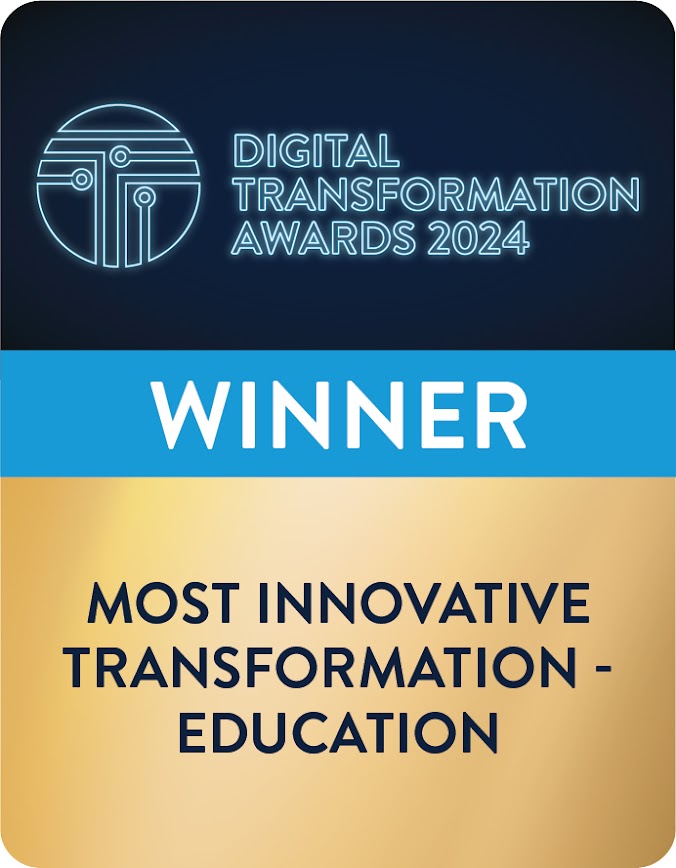Description
This course is designed to address industry-wide challenges by providing professional training in Fintech Risk and Compliance. The course provides participants with the knowledge and skills required to conduct and manage evolving compliance functions within the financial services industry.
Given the evolution of technologically driven innovation in finance, these professionals require education and training to adapt to the evolving nature of the compliance framework, and associated risk management, in Fintech focused operating models.
Designed with compliance practitioners and developed in collaboration with the Compliance Institute this course delivers the core knowledge, skills, and competencies that professionals require to work in both a Fintech environment, and an increasingly digitised compliance function.
The course address the demands of current compliance and regulatory professionals, of varying levels of experience and seniority, and offers the opportunity to a wide variety of candidates to reskill/retrain for careers in the financial services industry
Semester 1
The Fintech Compliance Framework
This module positions the traditional compliance function in the technologically driven Fintech environment. The module initially differentiates Fintech /operating models from so-called traditional financial services providers, reviews the existing regulatory environment from a Fintech perspective, and details the Fintech authorisation models. Overlaying the broad compliance framework, the module progresses to examine the compliance framework and regulatory risks in the context of a Fintech business model, for example: antimoney laundering and counter terrorist financing (AML/CFT). Overall, the module provides learners with an introduction to the compliance function in a contemporary Fintech operating environment.
Compliance Risks in a Fintech Environment
This module examines compliance risks in the context of an consumer-centric Fintech operating model, for example: data protection, the use of personal data, and the safeguarding of customer funds, The module specifically focuses upon the increasing regulatory focus upon the risks inherent in outsourcing critical services. The module translates these sources of risks into the compliance framework, and highlights the critical importance of fitness, probity, and conduct risk. The module is designed to develop the technical competencies, and operational perspective, for learners’ to manage compliance functions) within the contemporary Fintech operating environment.
Regulatory Risks in The Fintech Ecosystem
This module explores the Irish (EU) Fintech ecosystem and analyses the scope of current and evolving Fintech products/services. The module identifies areas of increasing regulatory attention and differentiates the source of compliance risks related to the provision of specific Fintech services, for example: banking, credit/lending, funds, savings/investment, and insurance sectors. There is a specific focus on the innovation and compliance risk with respect to an evolving payments infrastructure – including the adoption of stablecoins and the potential issuance of CBDC’s – and the challenges related to developing a regulatory framework for crypto (digital) currencies/assets.
Fintech Innovation & Compliance
This module also evaluates specific risks to consumer protection and reviews the compliance risks issues related to the data-driven/customer centric product development, the unbundling of financial services, and the integration of third-party services providers. The module specifically focuses upon the challenges of designing and implementing a scalable compliance and risk management control structures. Finally, to complete the learner’s appreciation of compliance risk in the Fintech ecosystem, the module evaluates the importance of a compliance culture in the provision of financial services, specifically in a technologically driven operating/business model.
Semester 2
Fintech Compliance & Risk Management
This module focuses upon best practice control structures and risk management frameworks for the monitoring of compliance risks in a contemporary Fintech environment. The module initially addresses the compliance risks and regulatory guidance related to the outsourcing of critical services and the importance of robust vendor evaluation. The outlines the control and oversight structures required to manage multiple third-party service providers in evolving Fintech operating models, and emphasises the role of the compliance function, throughout the customers lifecycle.
Managing Fintech Operational Risk
This module focuses upon the Fintech’s operational resilience, data protection, and cybersecurity risk management strategy. The module formulates a Risk-Based Compliance Monitoring Programme (RBCMP) for Fintech operations, and offers guidance on the control structures required to manage and scale the Fintech’s compliance and risk infrastructure. Overall, this module builds upon earlier modules to enhance the operational and strategic insight to enable compliance professionals to balance the innovative potential and compliance risks of a contemporary Fintech service provider
Digitising & Innovation in Compliance Framework
This module integrates the content of the previous modules to examine the current and future application of innovative technological solutions to mitigate the compliance risk and manage the regulatory requirements of Fintech’s. In the context of the EU’s Digital Finance strategy, the module specifically focuses upon the emergence of innovative solutions for core compliance functions. The module specifically focuses upon the adoption on digital identities, and examines the potential for technology to enhance the customer risk assessment, onboarding, and transaction monitoring in the throughout the AML framework.
Regtech (Regulatory Technology) Solutions
The module also addresses the risks of regulatory fragmentation, the EU’s approach to harmonising financial services regulation, and the role of evolving RegTech solutions in the Fintech ecosystem. The module examines the various regulatory approaches towards technological innovation, the role of ‘sandboxes’ in supporting innovation in financial services, and examines the regulatory supervisors use of technology (SupTech). Overall, the module consolidates the learning outcomes of the entire programme, in the context of an evolving regulatory and technologic landscape, to enable the learner to strategically evaluate the nature of the current and future compliance function.








